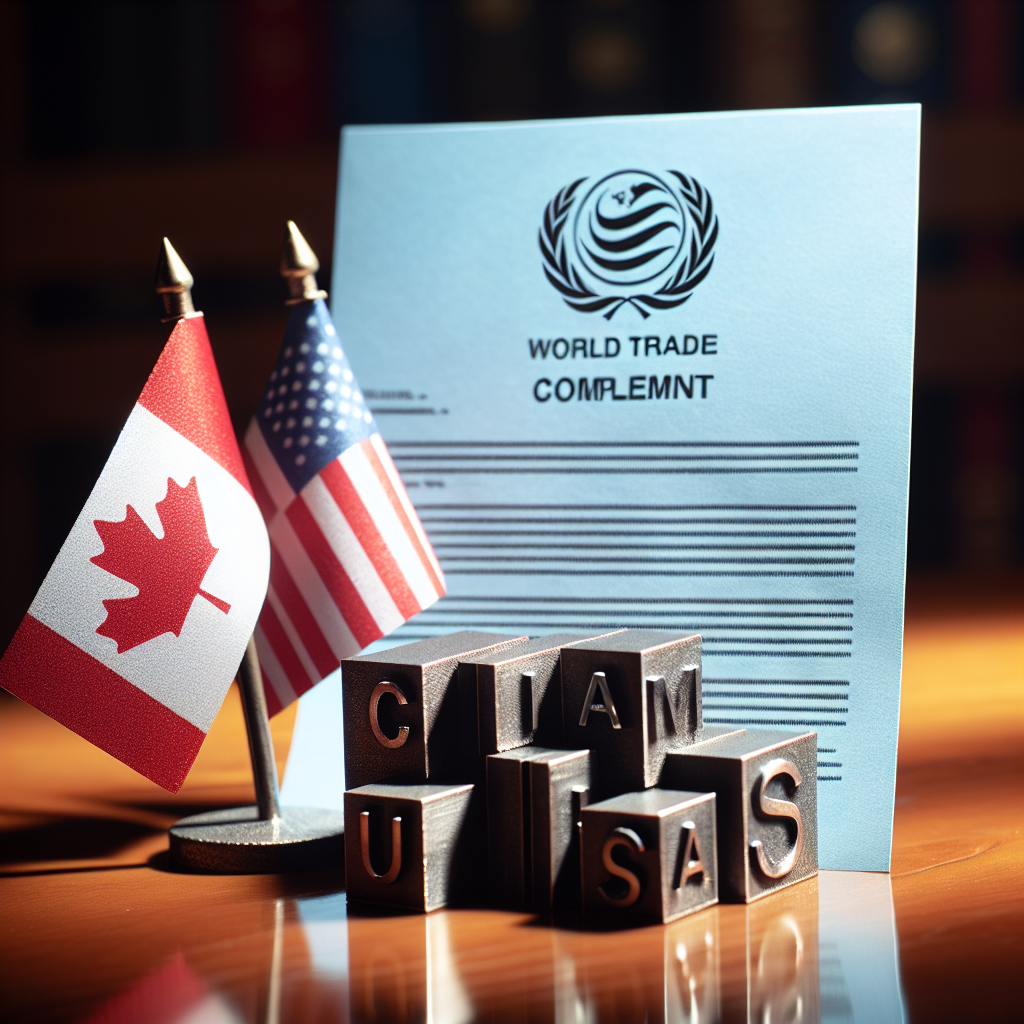Canada Files WTO Complaint Over US Steel and Aluminum Tariffs
Canada Files WTO Complaint Over US Steel and Aluminum Tariffs
Background
In a significant move, Canada has lodged a formal complaint with the World Trade Organization (WTO) against the United States regarding tariffs imposed on steel and aluminum imports. This action underscores the escalating trade tensions between the two neighboring countries.
Key Issues
- Tariff Imposition: The US has levied tariffs of 25% on steel and 10% on aluminum imports, citing national security concerns.
- Canada’s Stance: Canada argues that these tariffs are unjustified and violate international trade agreements.
- Economic Impact: The tariffs have significant implications for Canadian industries, potentially affecting jobs and economic growth.
Canada’s Arguments
Canada’s complaint to the WTO is based on several key arguments:
- Violation of WTO Rules: Canada contends that the US tariffs contravene WTO rules, which prohibit such measures unless under specific circumstances.
- Lack of Justification: The national security rationale provided by the US is seen as insufficient and a misuse of the provision.
- Precedent Concerns: Canada is concerned about the precedent this sets for future trade relations and the potential for other countries to adopt similar measures.
Potential Outcomes
The resolution of this dispute could have far-reaching consequences:
- WTO Ruling: A ruling in favor of Canada could lead to the removal of tariffs and set a precedent for future trade disputes.
- Trade Relations: The outcome may influence the broader trade relationship between Canada and the US, potentially affecting other sectors.
- Global Trade Implications: This case could impact global trade dynamics, particularly in how countries use national security as a justification for tariffs.
Conclusion
Canada’s WTO complaint against US steel and aluminum tariffs highlights the ongoing trade tensions and the complexities of international trade law. The outcome of this dispute could have significant implications for both countries and the global trade landscape, emphasizing the importance of adhering to established trade agreements and rules.






































